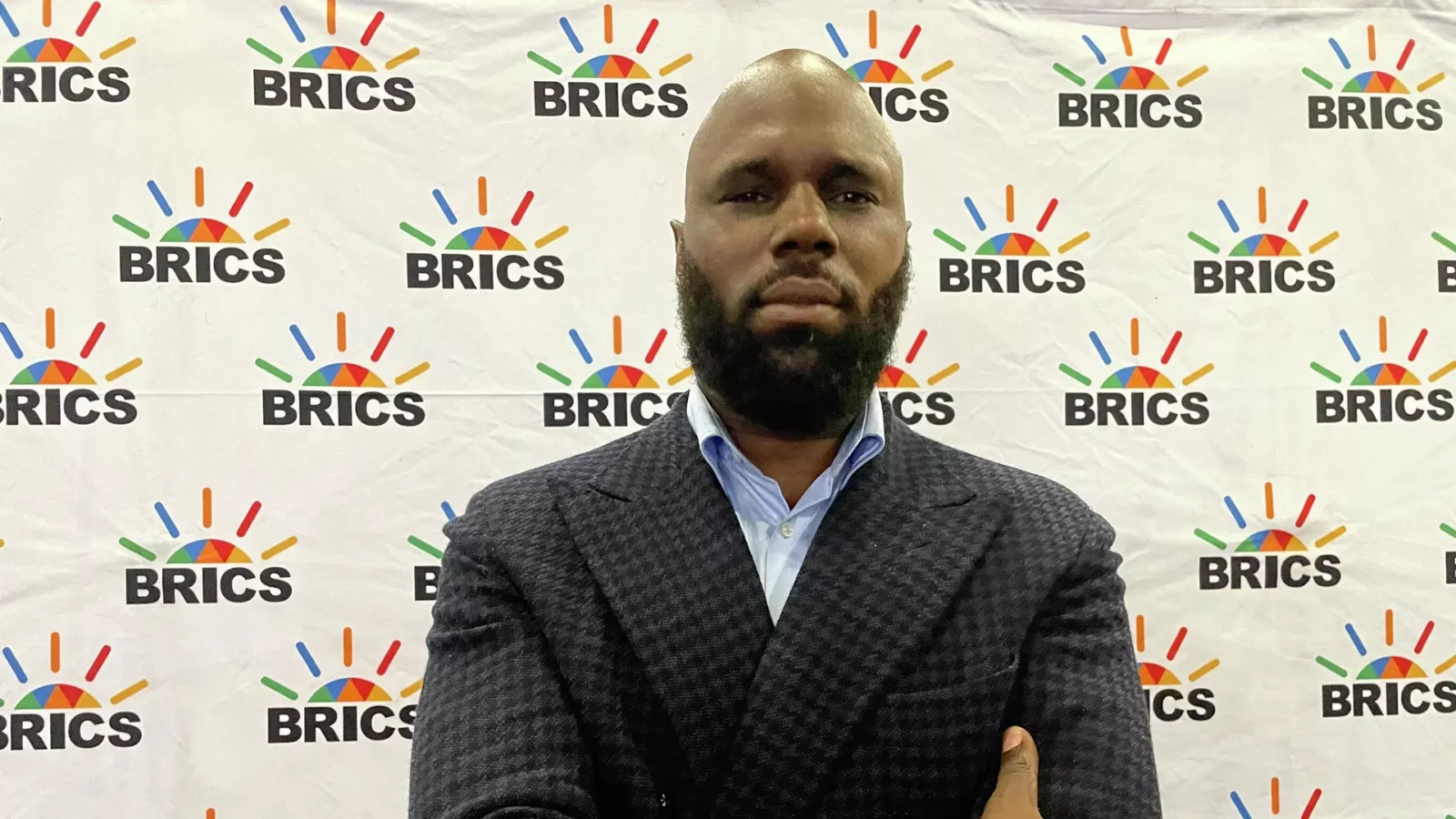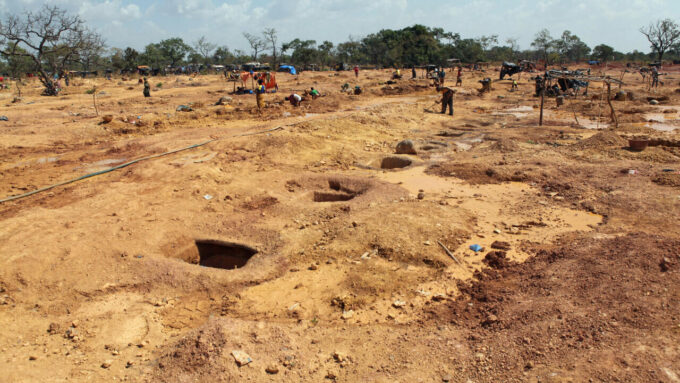The recent arrest of Kemi Seba, founder of the Pan-African Emergency movement, has ignited significant backlash, particularly from those advocating for African sovereignty and independence. Fortifi Lushima, the national coordinator of the movement in the Democratic Republic of the Congo (DRC), has warned that if anything were to happen to Seba, French interests in Africa would face serious repercussions.
In a statement to Sputnik Africa, Lushima expressed deep concern over the motivations behind the French government’s actions, alleging that French authorities have historically targeted individuals who challenge French imperialism on the continent. “The French services have always targeted anyone who decides to fight against French imperialism in African territories,” he asserted. Lushima’s remarks reflect a broader sentiment among many Africans who view the legacy of French colonialism as a lingering issue in contemporary politics.
The specific circumstances surrounding Seba’s arrest remain unclear, as French authorities have yet to provide an explanation. In response to the situation, lawyer Juan Branco plans to hold a press conference soon to shed light on the case and inform the international community. This move aims to garner global attention and support for Seba, whose influence among Africa’s youth is considered significant.
Seba entered France legally, possessing a Schengen type D visa that permits travel throughout the Schengen area. This legal status raises questions about the motivations behind his detention and what implications it may hold for civil liberties in France, especially concerning activists advocating for African rights and independence. “The French government is afraid of Kemi Seba’s influence on the new African generation,” Lushima added, emphasizing the power dynamics at play.
Colleagues of Seba have described the interrogation he underwent as “shameful,” characterizing it as part of a broader strategy to undermine and discredit African activists who oppose Western policies, particularly those associated with the term “Françafrique,” which denotes France’s continued influence in Africa post-colonization. This strategy, they argue, is aimed at quelling dissent and maintaining the status quo that favors French interests in the region.
Lushima’s comments are particularly striking when he warns of the consequences if Seba were to face harm while in custody. “If anything bad were to happen to Mr. Kemi Seba, know that African youth, the new African generation, the black people as a whole, will hold France responsible,” he declared. This statement encapsulates the potential for widespread unrest among young Africans who are increasingly rejecting neocolonial influences and seeking to assert their rights and identities.














Leave a comment